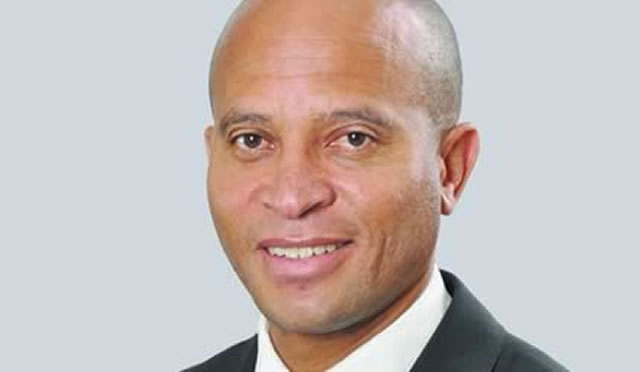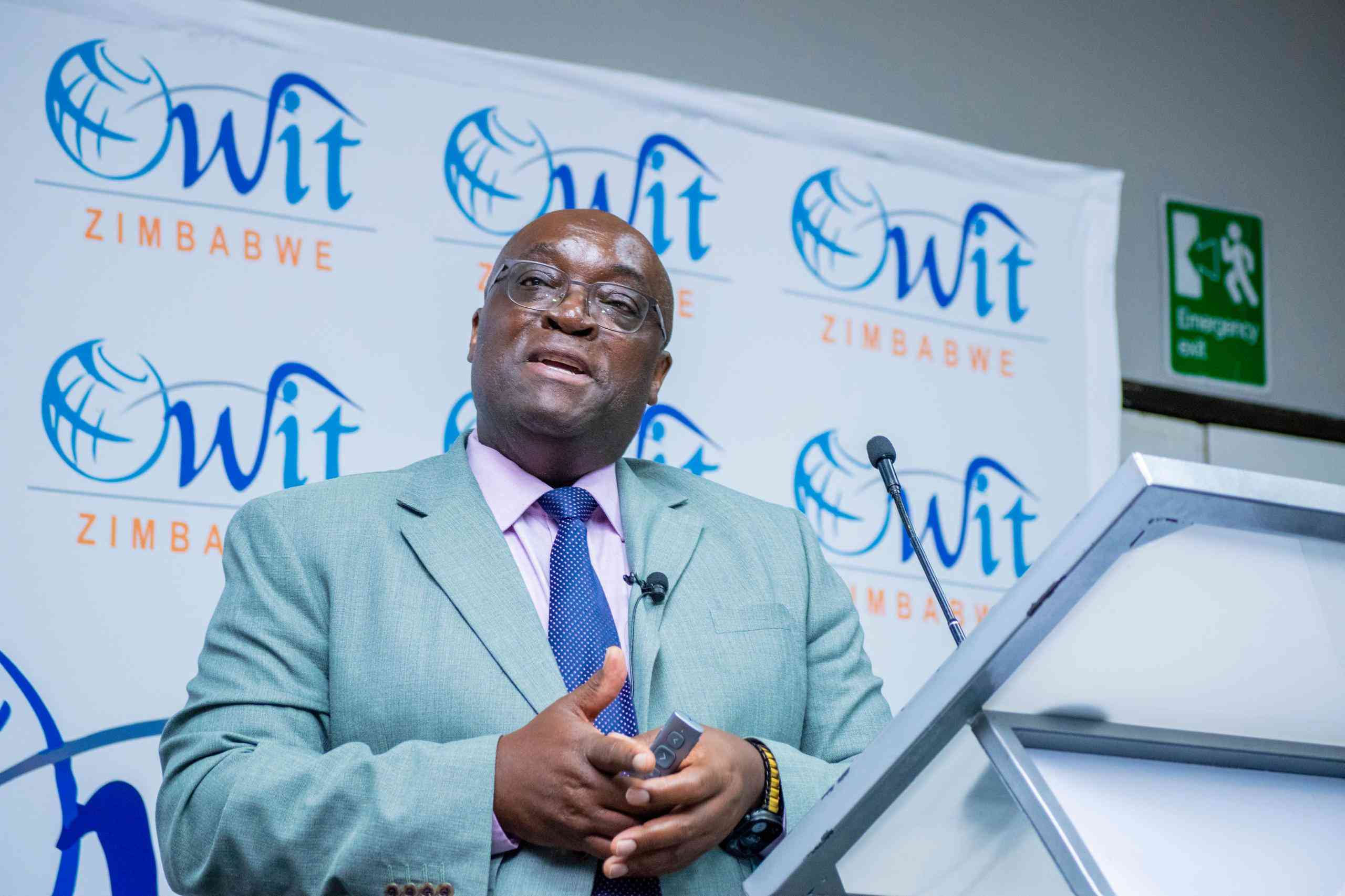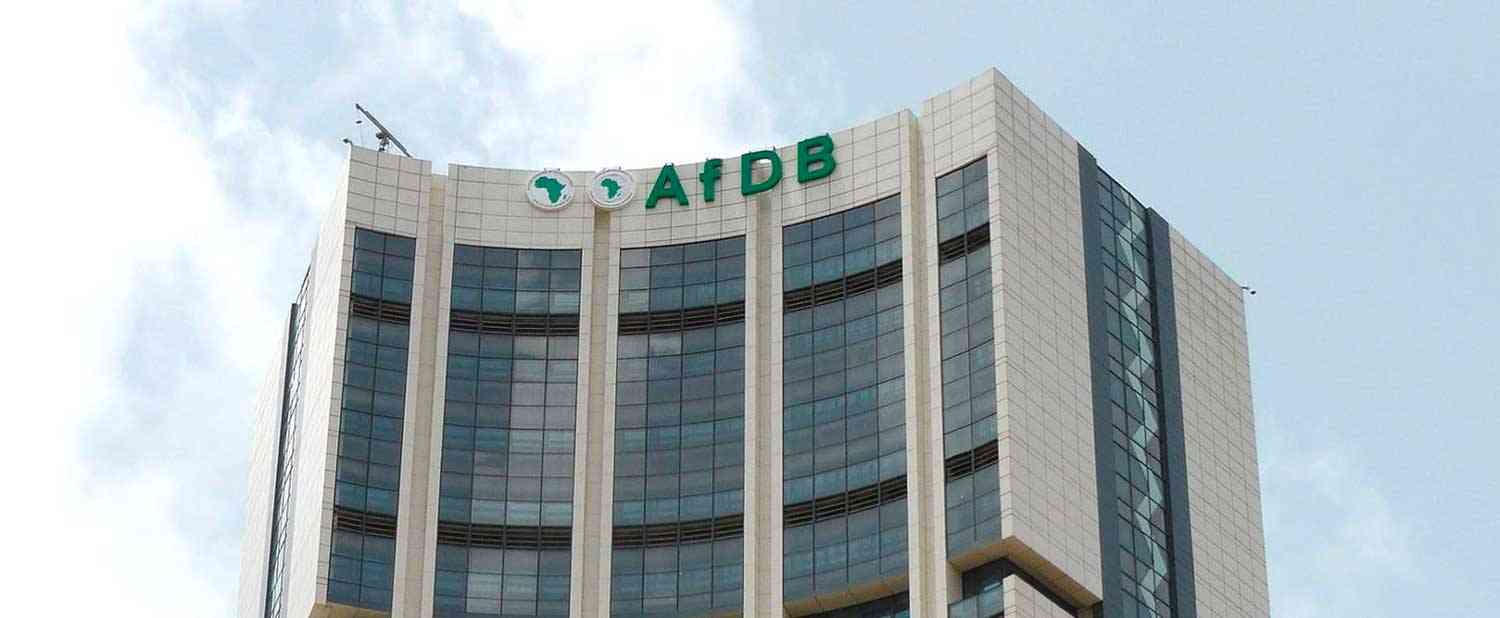
BY TAURAI MANGUDHLA
ZIMBABWE’S battered currency, along with lethargic investment into ICTs are among factors holding back development of capital markets, outgoing Securities and Exchange Commission of Zimbabwe (SecZim) CEO, Tafadzwa Chinamo said Friday, as multi-millionaire investor Nicholas van Hoogstraten called for a stable currency.
Chinamo told Standardbusiness that Zimbabwe’s currency turmoil had been compounded by high transaction costs and hyperinflation, which have affected investor confidence in the capital markets.
“Lack of investment in ICT systems, high transaction costs, lack of confidence in the Zimbabwe dollar by investors and high inflation, which means no bond market and derivative products (are affecting capital markets development,” Chinamo said.
“To improve, market participants must invest much more in ICT systems and infrastructure. While the market, ZSE (Zimbabwe Stock Exchange) and CSD (central securities depository) have automated, very few of the players have invested in technology to capitalise on this.
“As a result interaction with potential clients/investors has not changed form and is unexciting to investors. Lack of investment in ICT has also limited growth in product development.”
He said despite these problems, he was happy with the profile of the country’s capital markets.
“We have enough players in all categories, namely brokers, exchanges, CSDs, asset managers and others,” said Chinamo.
- Chamisa under fire over US$120K donation
- Mavhunga puts DeMbare into Chibuku quarterfinals
- Pension funds bet on Cabora Bassa oilfields
- Councils defy govt fire tender directive
Keep Reading
“On the product front, until recently we had a very narrow product offering.
“I am glad to say that has changed of late with ETFs (exchange traded funds) and REITs (real estate investment trust).
“We, however still do not have a vibrant fixed income market. Our bond market is non-existent, which is a shame because without it our derivatives market cannot take off.”
He also said of concern was negligible growth of institutional investors.
“We have seen growth on the retail end, unit trusts and trading on the ZSE through C-Trade and ZSE direct but very few big money clients are coming to the market,” Chinamo said.
“Several reasons could be attributable to this, including lack of confidence with securities and Zimbabwe dollar assets, self-management of assets and lack of marketing and development on the part of market participants.”
Van Hoogstraten said while currency changes had not largely affected foreign investors, local investors and employees had somewhat been prejudiced over the years.
He said corruption and incompetence were currently the biggest threats to investors.
“The currency has a different impact on the local people to persons such as myself, whose capital and income is derived from relatively stable investments and assets in developed economies,” van Hoogstraten said.
“Generally, the different currency values in Zimbabwe do not alter real asset values, but a weak local currency does erode savings and wages for local people – the very people whose wages and hard won savings should be protected by the State.
“The State needs to crack down more heavily on the twin scourges of corruption and incompetence before we can have a stable currency.”
After a decade of hyperinflation, Zimbabwe in 2009 adopted a multiple currency regime that was dominated by the United States dollar.
Treasury assured the market that the multiple currency regime would stay until fundamentals for a local currency were right.
But this promise was broken in 2016 when the country introduced bond notes, which were at par with the United States dollar before officially introducing a local currency in 2019 even when reserves were still low.










